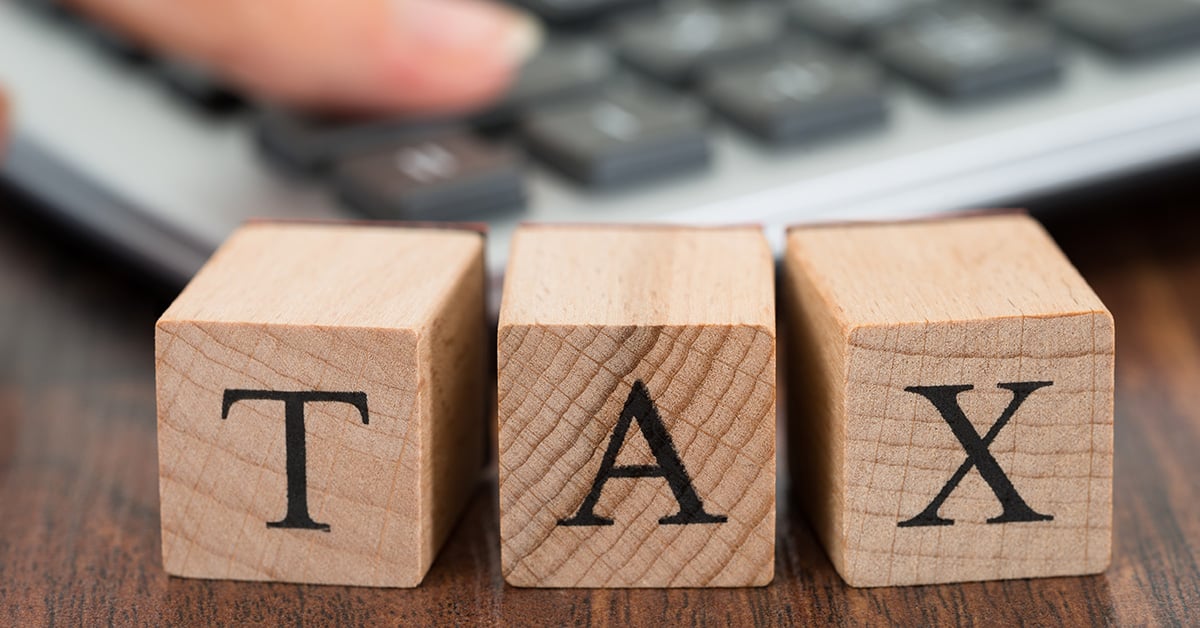A Guide to Record Keeping for Tax Purposes in Property

We all know that good record keeping means a better tax return. As an investor, the last thing you want is to be losing money because of badly organised paperwork. After all, the main reason for starting a property portfolio is to get ahead financially, so it makes sense to stay on top of your property tax record keeping.
To be a tax-smart investor you need to adopt a business-like approach and this means getting all your documentation in order from the start. This includes knowing what expenses can be claimed and declaring all rental-related income in your annual tax return.
Few people enjoy doing their paperwork but it is an essential part of making sure you are maximising your investment.
Why a good property manager is a must
Property managers are valuable advisers who do more than just manage your investment. They are integral to helping to attract the best tenants, maximise rental income, and enhance the value of your property. So the best place to start good record keeping is by finding a property manager who is organised and a great communicator. They should be able to send you a monthly summary of all the income earned and expenses to keep you on track.
You’ll also need to find a good tax accountant who specialises in property. They will be able to advise on strategies to reduce taxes such as negative gearing and depreciation.
Getting set up at home
Make sure you take the time during the first year as an investor to set up everything properly as this will make managing property tax records easier in the future.
A spreadsheet or user-friendly professional software is a must for good record-keeping. You want to be able to claim as many expenses as possible which means documenting every transaction and expense connected to your investment.
Best practice for record-keeping
The ATO recommends keeping a backup of all digital records. You can also keep paper ones too. This is important in the event of an audit. Remember that records typically need to be kept for five years. This assists in calculating the capital gains or losses correctly and ensures you don’t pay more tax than necessary. All rental records must be in English or easily translatable into English.
What can you claim?
You might be surprised by some of the things landlords can claim as deductions.
This includes advertising costs to find a tenant, land tax, council rates, strata fees, pest control, repairs and maintenance, garden maintenance, insurance, agent fees, stationery, phone calls and legal expenses.
It may also be possible to deduct a proportion of your home computer, internet and mobile phone expenditure if you use these devices for managing your rental property. Even bookkeeping is also a claimable expense for property investors. So, it may be worthwhile getting professional assistance to ensure you stay organised. Look online for a real estate tax documentation guide that will provide additional information on items you can claim.
What records should you keep?
According to the ATO, your record-keeping for investment property can be broken down into five separate categories.
1. Rental income
Keep all the statements from your property manager, a rent book, banking transactions showing payments as well as the documentation of bond money.
2. Rental expenses
Expenses also include the interest charged on the money borrowed to purchase your investment property. You need to retain loan documentation, land tax assessments and receipts of expenses. Keep any paperwork showing the decline in value of depreciating assets and any capital works expenses. The ATO also advises to take before and after photos of any renovation work done to the property. It may be possible to claim travel expenses so keep a travel diary and all receipts if purchasing an interstate or overseas investment property.
3. When you buy a rental
Start your record-keeping from the moment you decide to buy an investment property. Be sure to keep the contract of purchase, conveyancing documents, loan documents, any costs of buying the property and borrowing expenses.
4. While you own the rental
Remember, you can only claim for deductions when an investment property is tenanted. Keep a record of when your property was used for personal use by either yourself or friends as well as tenant leases. Keep any loan documentation such as refinancing. All receipts for expenses and any updates (including photos).
5. When you sell a rental
Selling your investment property doesn’t mean an end to the paperwork. You need to retain the contract of sale, conveyancing documents, sale of property fees and figures relating to any capital gain or loss.
Managing a portfolio
If you have more than one investment property, it is important to maintain separate records for each dwelling.
Why buy an investment property?
Buying an investment property can be an effective strategy for building wealth and securing your future. It can help improve cash flow, offers tax benefits and is seen as more stable than other investments – after all, everyone needs somewhere to live. You will find more information about becoming a property investor here.
Importantly, setting up your record keeping properly from the start will help make your investment work for you and easier to manage.
We are here to help
At LJ Hooker, our team is waiting to assist you. Our experienced real estate agents offer experience alongside excellent market knowledge to make the buying or selling process of investment properties as smooth as possible.
So if you would like to find out the rental value of an investment property, contact us for a free rental property appraisal. Alternatively, if you would like to speak to one of our real estate agents, we invite you to use our agent locator to find an LJ Hooker expert in your local area.
DISCLAIMER - The information provided is for guidance and informational purposes only and does not replace independent business, legal and financial advice which we strongly recommend. Whilst the information is considered true and correct at the date of publication, changes in circumstances after the time of publication may impact the accuracy of the information provided. LJ Hooker will not accept responsibility or liability for any reliance on the blog information, including but not limited to, the accuracy, currency or completeness of any information or links.



